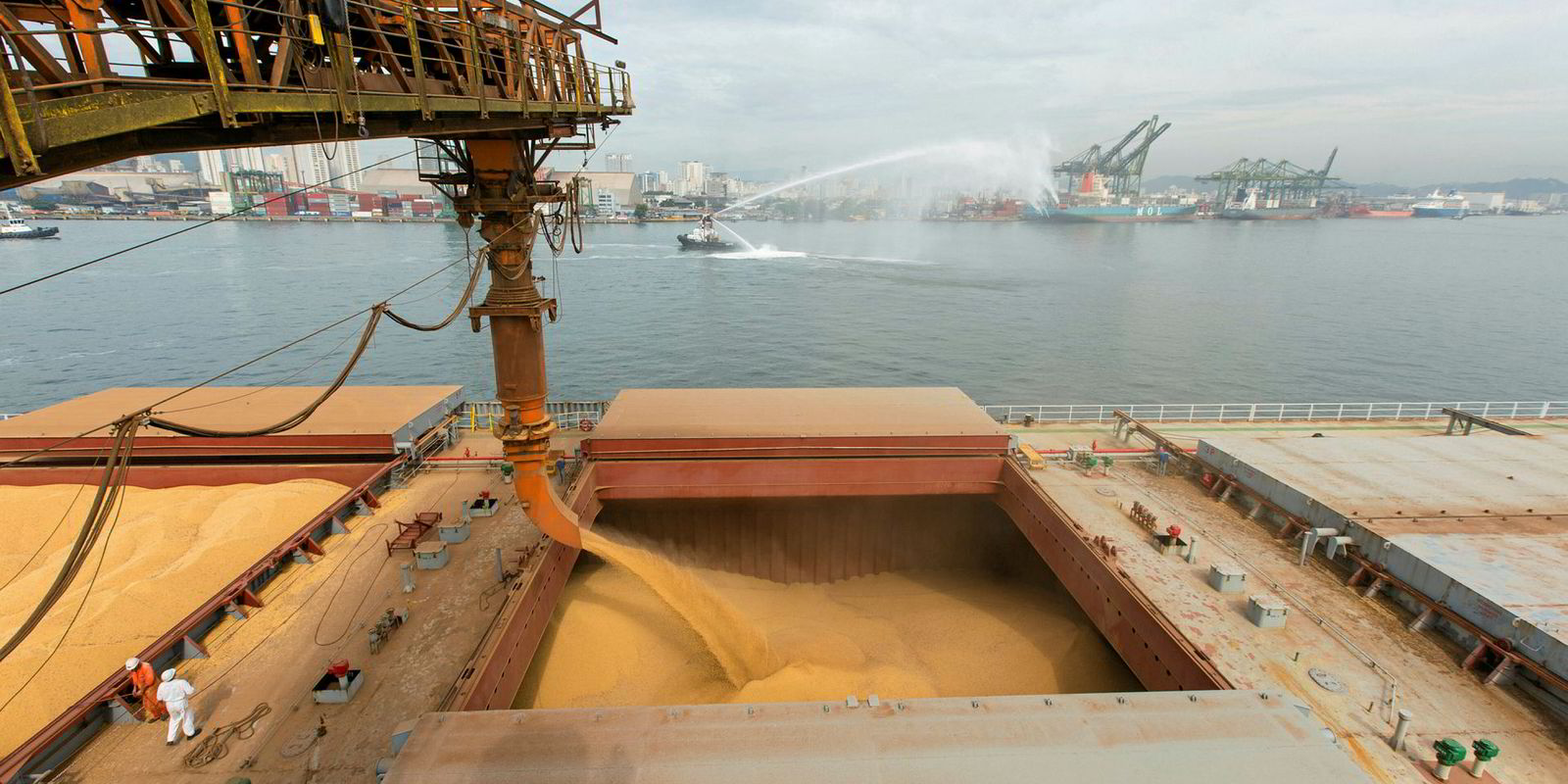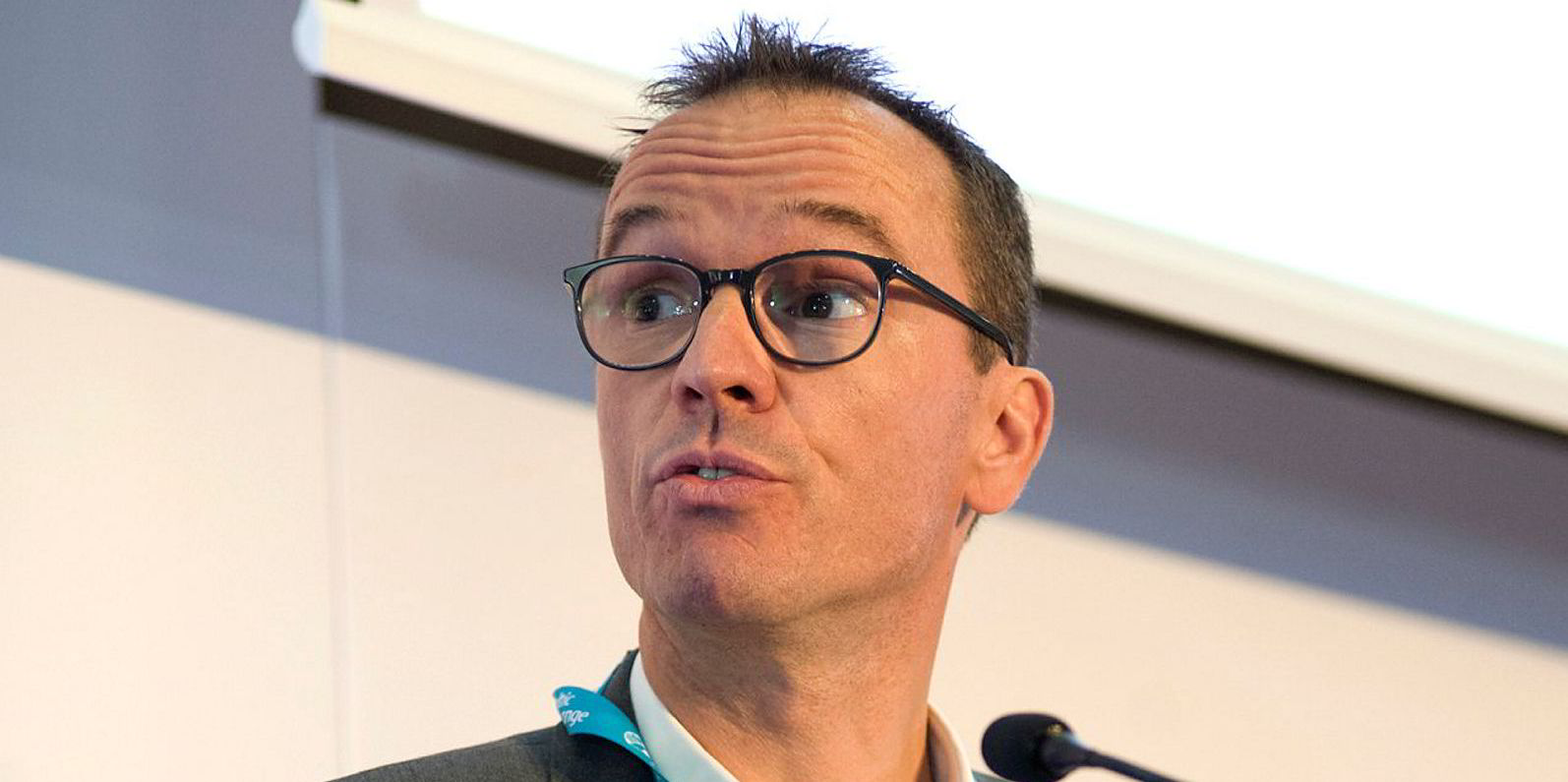Blockchain — a digital ledger system that records transactions — should in theory make sense but there needs to be sufficient actors and elements to yield tangible benefits, says BRS chairman Tim Jones. That will take time.
Last October, it emerged that the world’s four largest grain traders planned to standardise and digitalise agricultural shipping transactions to make the process more efficient.
Archer Daniels Midland, Bunge, Cargill and Louis Dreyfus talked about using digital technologies, including blockchain and artificial intelligence, with the initial focus on automating grain and oilseed post-trade executions. They have since been joined by Chinese grain company COFCO International.
Brokers say blockchain has found little usage in chartering, although it has a role in making secure and more efficient the transmission of information, including for bills of lading and letters of credit, and ensuring compliance.
The jury is still out on its actual value, although a consortium including BP, Shell, Gunvor and Koch Supply & Trading has established a blockchain platform to help replace paper-based documentation with smart contracts. It is designed to reduce errors and improve post-trade processes.
On a broader level, big data analytics is a space that has exploded, with various companies providing tools and investing tens of millions of dollars. It is being compared to the dot.com bubble, a particular claim being the ability to monitor cargo flows because of the value in being able to forecast the market.
“It is towards the transaction everyone is going,” says Jones. “That is where the big money is — whether you can save five cents on two million tonnes."
But Jacques Goudchaux, chief executive of BRS digital venture AXSMarine, says the key to moving forward digitally is having accurate, “harmonised” industry data.
One dry bulk source talks about the huge data banks held by big name traders and charterers but they “don’t want to share it and when they do it is a real mess”.
Certainly, transparency remains an ongoing issue in compiling indices because of a reluctance to reveal fixtures.
Meanwhile, Goudchaux says uberisation of some sectors definitely makes sense, including containers where, like iron ore, the box is the commodity.
This story is part of the Shipping's Digital Future business focus. See the full report in this Friday's weekly edition.





